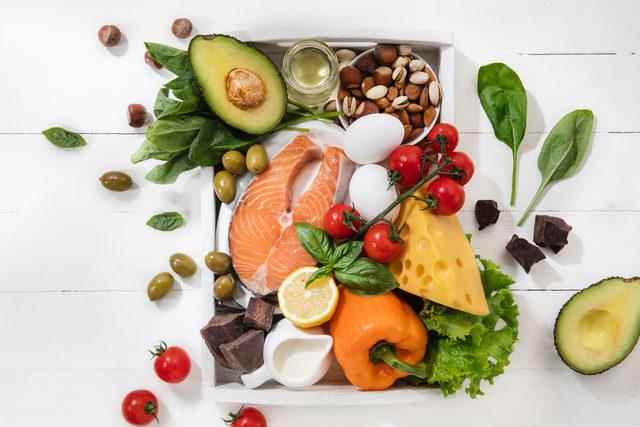At this point, Gynecology and Obstetrics Specialist Prof., who said that it would be right for expectant mothers to fast during Ramadan only if the physician deems it appropriate. Dr. Yucel Karaman; “The effects of fasting on pregnant women and babies should be carefully evaluated and a decision should be made. In order for the expectant mother, who changes physiologically and psychologically, and the amount of food she needs to take daily, can continue in the healthiest way for both herself and the baby, a balanced routine should be established in terms of both liquid and food. Mothers who are in a risky pregnancy process should definitely not fast.
Expectant mothers, who enter the most sensitive and special period in terms of nutrition during pregnancy, cannot decide whether to fast or not with the arrival of Ramadan. If the physician approves, expectant mothers who will fast are required to receive sufficient energy and nutrients. In this process, these needs must be fully met in iftar and sahur in order to give birth to a healthy baby and to protect their own health. Stating that the snacks between iftar and sahur should be evaluated very well, Prof. Gynecology and Obstetrics Specialist. Dr. Yücel Karaman gave important tips on how expectant mothers should be fed during Ramadan.
LIQUID TAKING SHOULD NOT BE IGNORED
Since the time between sahur and iftar is very long, it is recommended that expectant mothers drink at least 3 liters of water between iftar and sahur in order to prevent the body from becoming dehydrated. In order not to experience loss of fluid (dehydration) in the body, which can lead to serious problems during pregnancy, attention should be paid not to get too tired and to spend time in the shade, in addition to drinking water at sahur.
PROTEIN WEIGHTED NUTRITION
In order for the baby to continue its healthy development, it is very important for the expectant mother to consume protein-rich foods during pregnancy. In this sense, foods such as milk, eggs, low salt cheese, oats can be preferred. Likewise, foods that are high in nutrition and that keep you full should be on the table both at sahur and iftar. These; oil seeds such as hazelnuts, raw almonds, walnuts…

SEASONAL GREENS AND FIBER FOODS MUST BE CONSIDERED
In order to meet the daily vitamin and mineral needs of both the expectant mother and the baby, seasonal greens should be included in the nutritional routine. Seasonal greens, which can be consumed both raw and cooked, are very important because of their high nutritive value. In addition, fibrous foods and whole grain foods that will provide the energy needed during fasting and balance blood sugar should definitely take their place on the table.
FRUIT INSTEAD OF SWEET, LIGHT FOODS INSTEAD OF HEAVY
Since fasting during pregnancy is difficult on its own, it is necessary to relax the digestive system in order to get through this process in the most comfortable way. In this sense, grilled, boiled or oven dishes should be preferred instead of greasy, fried and heavy foods in iftar and sahur. In order to meet the sweet need, either light milky desserts or seasonal fruits should be consumed in the same way. Pregnant women can also create their own desserts with delicious mixtures of fruits, oats and yoghurt in the snack between iftar and sahur.
